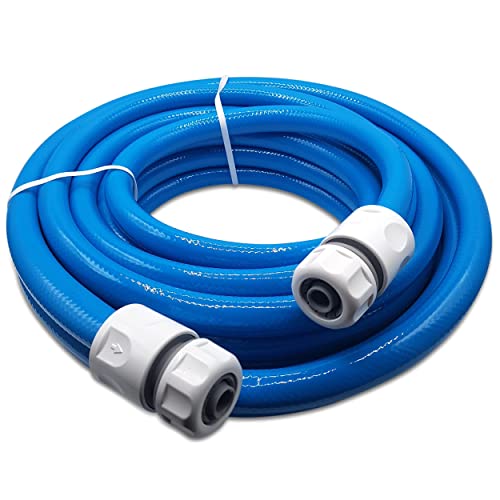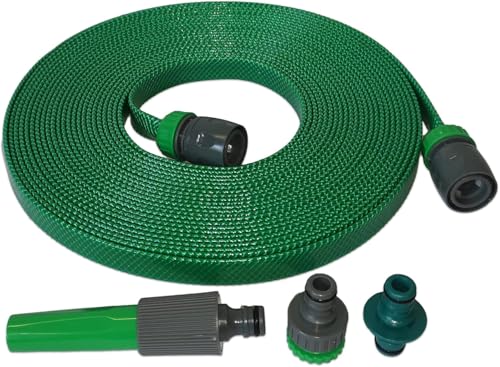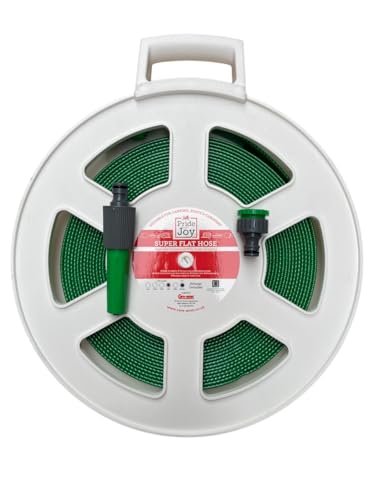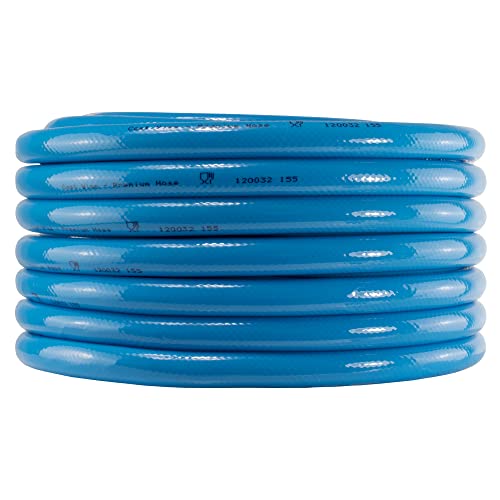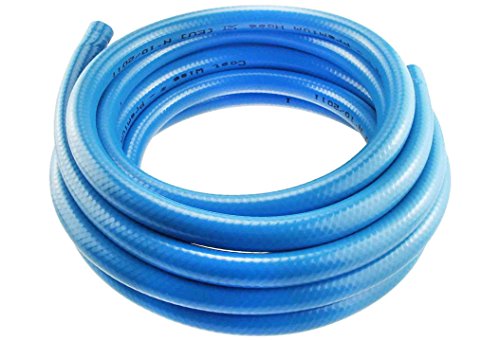Understanding the Importance of a Quality Drinking Water Hose
Why Quality Matters
When it comes to ensuring our drinking water is safe, the hose we use can play a surprisingly crucial role. A quality drinking water hose can prevent your water from picking up unpleasant tastes or harmful chemicals. Imagine filling your water bottle from a hose that leaves a metallic aftertaste or smells like plastic; this can deter even the most thirsty adventurer from enjoying a refreshing sip. By selecting a high-quality hose specifically designed for drinking water, we are protecting our health and ensuring that our hydration source is clean.
Health Risks of Improper Choices
Using a hose not intended for drinking water can expose us to harmful contaminants. Cheaper or non-certified hoses may leach harmful substances into the water, posing a risk, especially in hot weather when contaminants are more likely to enter the water. By opting for a certified drinking water hose, we significantly reduce any health risks, ensuring that every drop we drink is safe and clean.
Key Features to Consider When Choosing Your Drinking Water Hose
Length and Flexibility
Length is a vital consideration; a hose that’s too short can create inconveniences, while an excessively long one is cumbersome and can trap additional contaminants. Flexibility is also important because a hose that kinks easily can reduce water flow and make handling more difficult during outdoor activities.
Temperature Resistance
We must also consider how our hose will hold up in varying temperatures. If we plan to use our hose in warm environments, choosing one designed to withstand high temperatures will help maintain water quality and prolong the hose’s lifespan. Remember, a durable hose doesn’t just serve us well today but will become a reliable ally for many summers to come.
Material Matters: The Best Options for Safety and Durability
Polyurethane Hoses
Polyurethane is a top-choice material for drinking water hoses due to its flexibility and ability to resist kinks. Additionally, polyurethane hoses are often free from harmful substances like BPA, making them a health-conscious option.
PVC Hoses and Their Pros and Cons
Polyvinyl chloride (PVC) hoses are another popular choice. They are durable and resistant to abrasion, making them great for prolonged outdoor use. However, we should ensure that any PVC products we consider are specifically labelled as safe for drinking water, as not all PVC hoses meet this standard.
How to Properly Maintain Your Drinking Water Hose
Cleaning and Storage
After each use, it’s important to clean our drinking water hose thoroughly. A simple rinse with clean water after use can prevent any build-up of algae or bacteria. When storing, we should avoid placing the hose in direct sunlight for extended periods, as UV exposure can damage the material and shorten its life.
Checking for Damage
Regularly inspect our hoses for any signs of wear or leaks. Even a small puncture can introduce contaminants into our drinking water. If we notice any issues, it’s better to replace the hose than to risk our health.
Top Recommendations for Drinking Water Hoses on the Market
Popular Choices Among Users
There are several reputable brands known for their quality drinking water hoses. Choosing well-reviewed options gives us peace of mind. Look for hoses that have features like UV resistance and are free from harmful chemicals to ensure we are making a safe choice.
Where to Find Reliable Options
Many outdoor and hardware stores carry hoses specifically designed for drinking water. It can be beneficial to seek out these retailers where knowledgeable staff can help guide us toward the best quality options.




